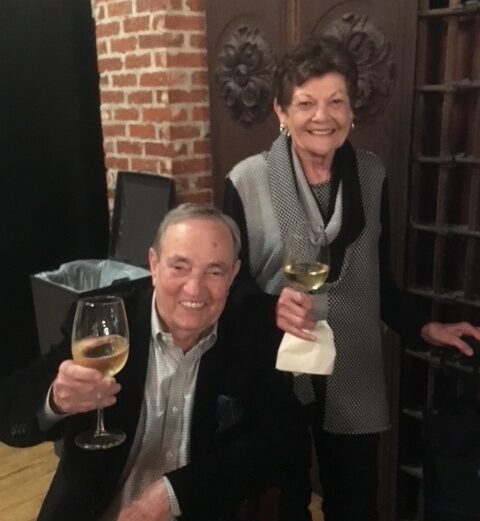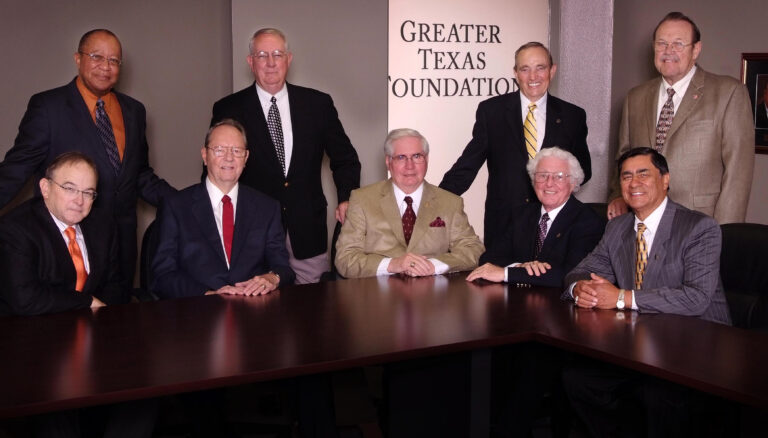This retired director still looks to the future of education
Dr. John Moss was a member of the board of directors at Greater Texas Foundation from 1989 until his retirement in late 2023. He served as chair of the board, a member of the Executive Committee, co-chair of the Charitable Activities Committee, and as a member of the Audit and Accountability and Strategy and Learning Committees. Upon retirement John was named Chairman Emeritus. He calls Pecan Gap home and lives with his wife, Peggy.
In this interview, we asked Dr. Moss to reflect on his long and distinguished career in Texas education and what still fascinates him about the future of learning.


You served on the board for 34 years. Looking back, what were the primary goals of Greater Texas Foundation when you joined in 1989?
Our focus was to make sure that kids completed high school and went on to some kind of postsecondary education, whether that was college or a certificate or something else. Research forecasts that by the end of this decade, 80% of jobs will require education beyond high school. We are not there. It is a huge task that is still the major focus of the foundation. And we have a special emphasis in helping low income and underrepresented students access higher education.
What advice would you offer to partners and collaborators who will carry on the work of increasing postsecondary attainment in Texas?
In short, there is a need for more competency-based education to serve more people. I’m very inspired by the work of Paul LeBlanc, author of Students First and president of Southern New Hampshire University (SNHU). Today they have 170,000 students around the world. I invited him to speak to our board last year. He says (and I agree) that higher education ought to be about whether someone is competent in a subject versus time served in class or credits earned. That means doing what students need and meeting them where they are. Change how higher education looks, operates, and what it values. That’s where we need to be going.
What are the accomplishments that you are most proud of during your tenure with GTF?
The foundation has made grants to schools like Western Governors University and Texas A&M University – Commerce that are expanding competency-based degree programs to help more rural adult learners earn a degree.
I’m also proud of our GTF Scholars program to help Early College High School graduates succeed in college.
What are your hopes for the foundation in the coming years?
One of the biggest challenges ahead is artificial intelligence (AI). I’m personally very interested in this now. AI will affect the nature of jobs and the future of human work and what colleges should be focusing on. Higher education should shift toward teaching skills like collaboration and complex problem-solving. I hope that the new strategic plan for Greater Texas Foundation will contemplate the impact of AI.
In 1971, you became the founding president of East Texas State University – Texarkana (Now Texas A&M University – Texarkana) Any highlights you want to share from your presidency?
In the beginning, the going was very, very tough! We were one of several rural colleges established by the Texas legislature to get education closer to where students are. We were supposed to share space with the local community college, but in reality they didn’t have space to rent to us for faculty offices. I remember having 12 newly-recruited faculty sitting at folding tables under the bleachers in the community college’s auditorium. It was embarrassing.
As president, I was aware that many rural, time-constrained, working adult students were not well-served by traditional higher education. What I tried to do was create education that was at the convenience of those students with evening courses and flexible schedules. I wish the concept of competency-based education had existed then so we could have done more for students.
The board held a reception in Dr. Moss’ honor in January 2024.
“I was overcome and delighted by all their remarks. Leaving GTF was like leaving my family.”
In your honor, the foundation recently contributed $100,000 toward a scholarship endowment at Texas A&M University – Texarkana. What did you think when you learned about the scholarship?
I was floored! And the amount took my breath away.
How do you hope the scholarship will help the students there?
When I retired from that school, my wife, Peggy, and I established a scholarship for elementary education majors. Many studies have concluded that if students are not excited about education by the fourth grade you have lost them. We cannot have enough passionate, well-prepared elementary school teachers. I hope the new money will help more teachers afford to go to college and be eager to make a difference in the classroom.

